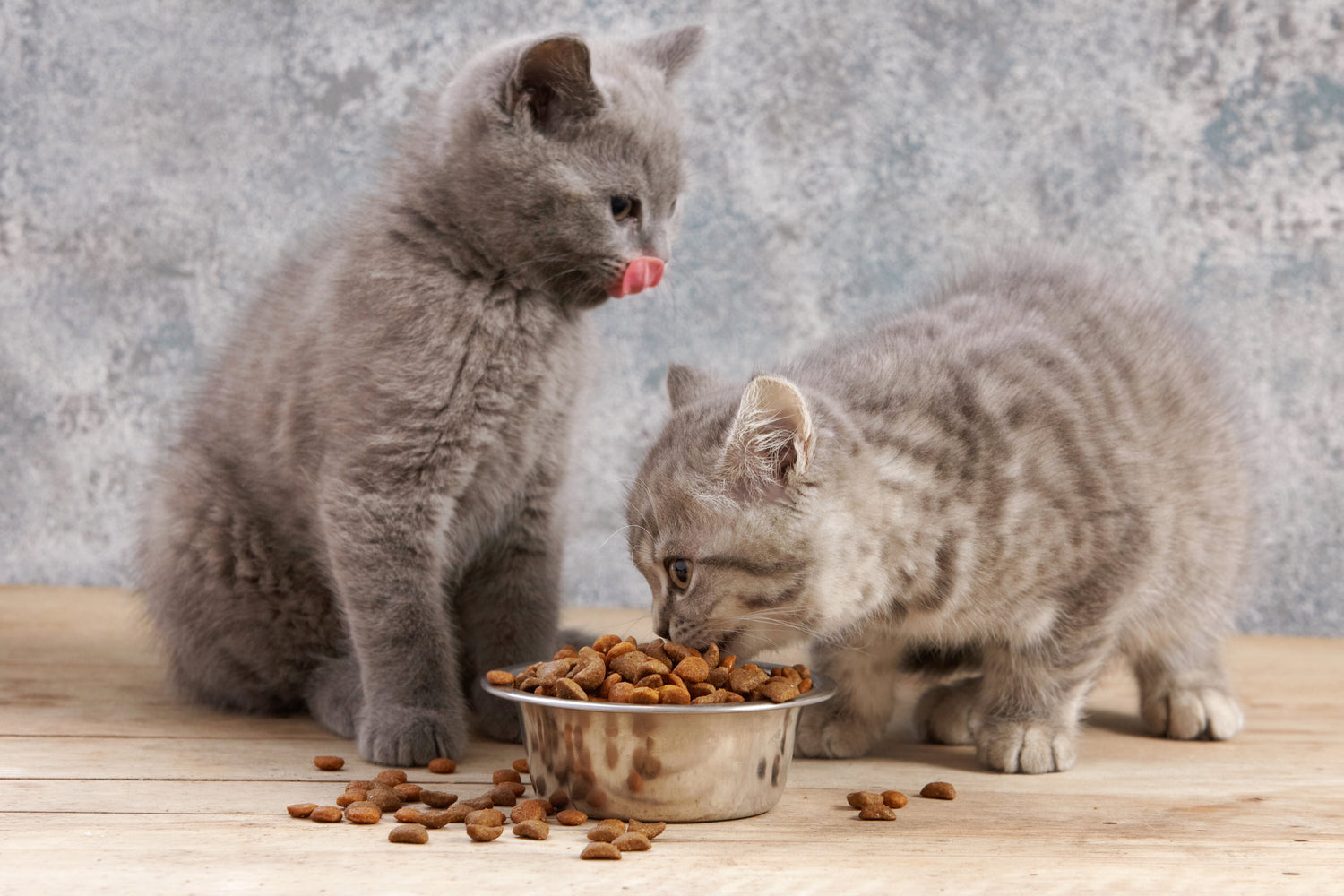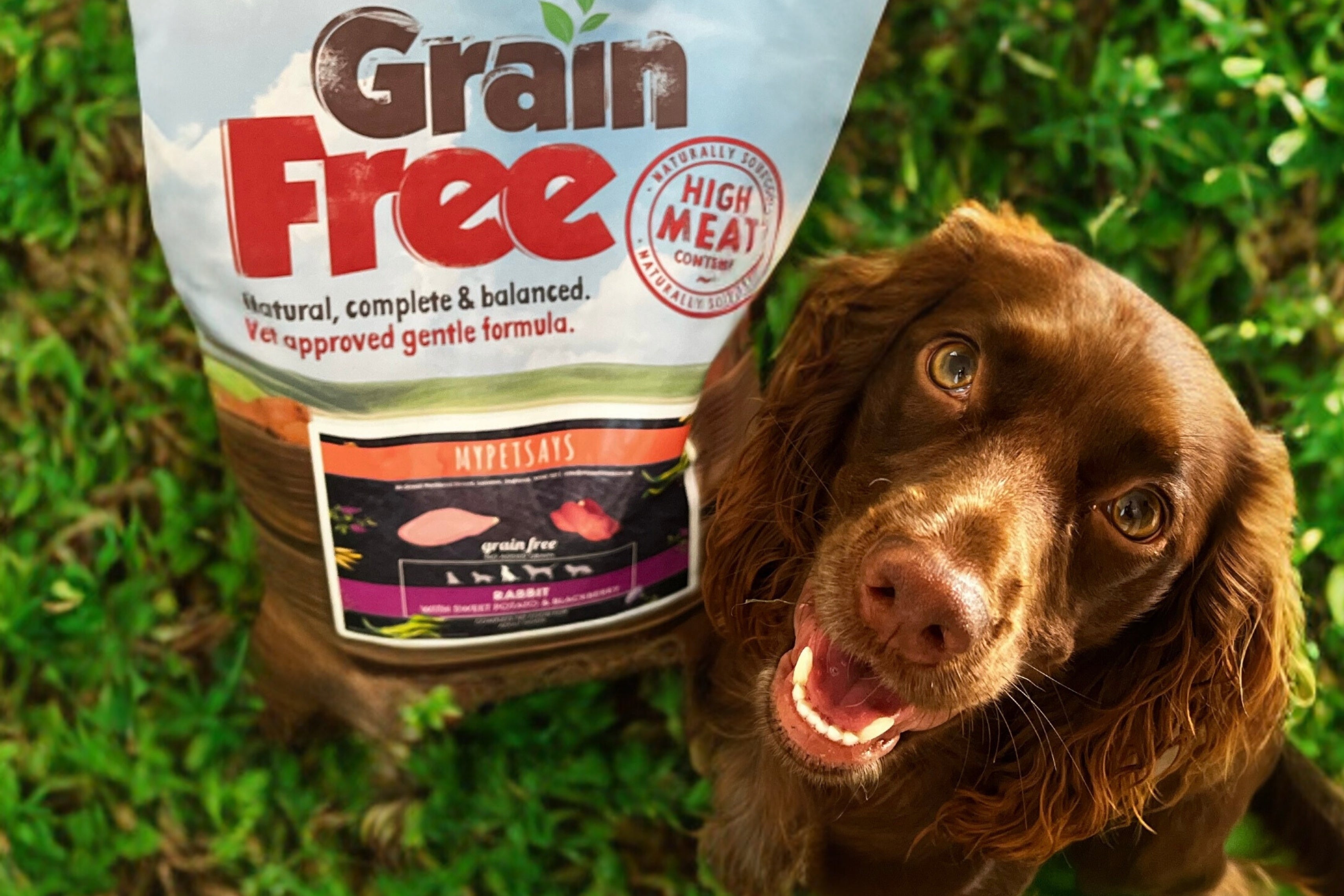Bringing a kitten into your home is an exciting and heartwarming experience. These tiny bundles of fur quickly become cherished family members, and ensuring their healthy growth and development is a top priority. One of the most crucial aspects of kitten care is providing proper nutrition. In this blog post, we'll delve into the nutrition essentials for feeding kittens, helping you set them on a path to a vibrant and healthy life.
The Importance of Proper Nutrition
During the first year of life, kittens experience rapid growth and development. Proper nutrition provides the foundation for strong bones, a healthy coat, and a well-functioning immune system. A well-balanced diet helps kittens establish healthy eating habits that will benefit them throughout their lives.
Choose High-Quality Kitten Food
Opt for MyPetSays kitten food which is specifically formulated to meet the nutritional needs of growing kittens. Our recipes are designed to provide the right balance of protein, fats, vitamins, and minerals. In MyPetSays kitten food, you will find meat, poultry, or fish as the primary ingredient, as these protein sources are essential for muscle and tissue development.
Focus on Protein
Protein is a cornerstone of a kitten's diet, as it supports muscle growth, tissue repair, and overall development. Strive to select kitten foods boasting an animal content of approximately 30% or higher. For instance, options like Grain Free Kitten Food boast an impressive 75% animal content, while Connoisseur Grain Free Kitten Food contains 70% animal content, and Super Premium Kitten Food offers 40% animal content.
Essential Nutrients
In addition to protein, kittens require other essential nutrients such as fat, vitamins, and minerals. Fat provides a concentrated source of energy and aids in the absorption of fat-soluble vitamins. Key vitamins include A, D, and E, while minerals like calcium and phosphorus contribute to bone health.
Avoid Harmful Foods
Certain human foods can be toxic to kittens and should be strictly avoided. These include chocolate, onions, garlic, grapes, and anything containing caffeine. Additionally, dairy products can cause digestive issues in some kittens, so it's best to steer clear of them.
Meal Frequency
Kittens have smaller stomachs and faster metabolisms than adult cats. As a result, they need to eat more frequently. Plan to feed your kitten three to four times a day until they are about six months old. After that, you can transition them to a more typical twice-a-day feeding schedule.
Gradual Transitioning
If you're switching your kitten's diet, do so gradually. Sudden changes can upset their digestive system. Mix a small amount of the new food with their current food, gradually increasing the proportion of the new food over several days.
Portion Control
It's important to monitor your kitten's weight and adjust their portions accordingly. Overfeeding can lead to obesity, which can have negative impacts on their health. Simply follow the feeding guide that is on the product page (in the images) to find out how much to feed your kitten.
Fresh Water Always
Make sure your kitten has access to fresh, clean water at all times. Proper hydration is essential for their overall health and well-being.
Feeding your kitten a well-balanced, nutritious diet is one of the most significant contributions you can make to their healthy growth and development. Providing high-quality MyPetSays kitten food, focusing on protein and essential nutrients, and adhering to proper feeding practices will set the stage for a vibrant and happy life for your feline companion. With proper nutrition, your kitten will be well on their way to a lifetime of health and happiness.




Leave a comment
This site is protected by hCaptcha and the hCaptcha Privacy Policy and Terms of Service apply.